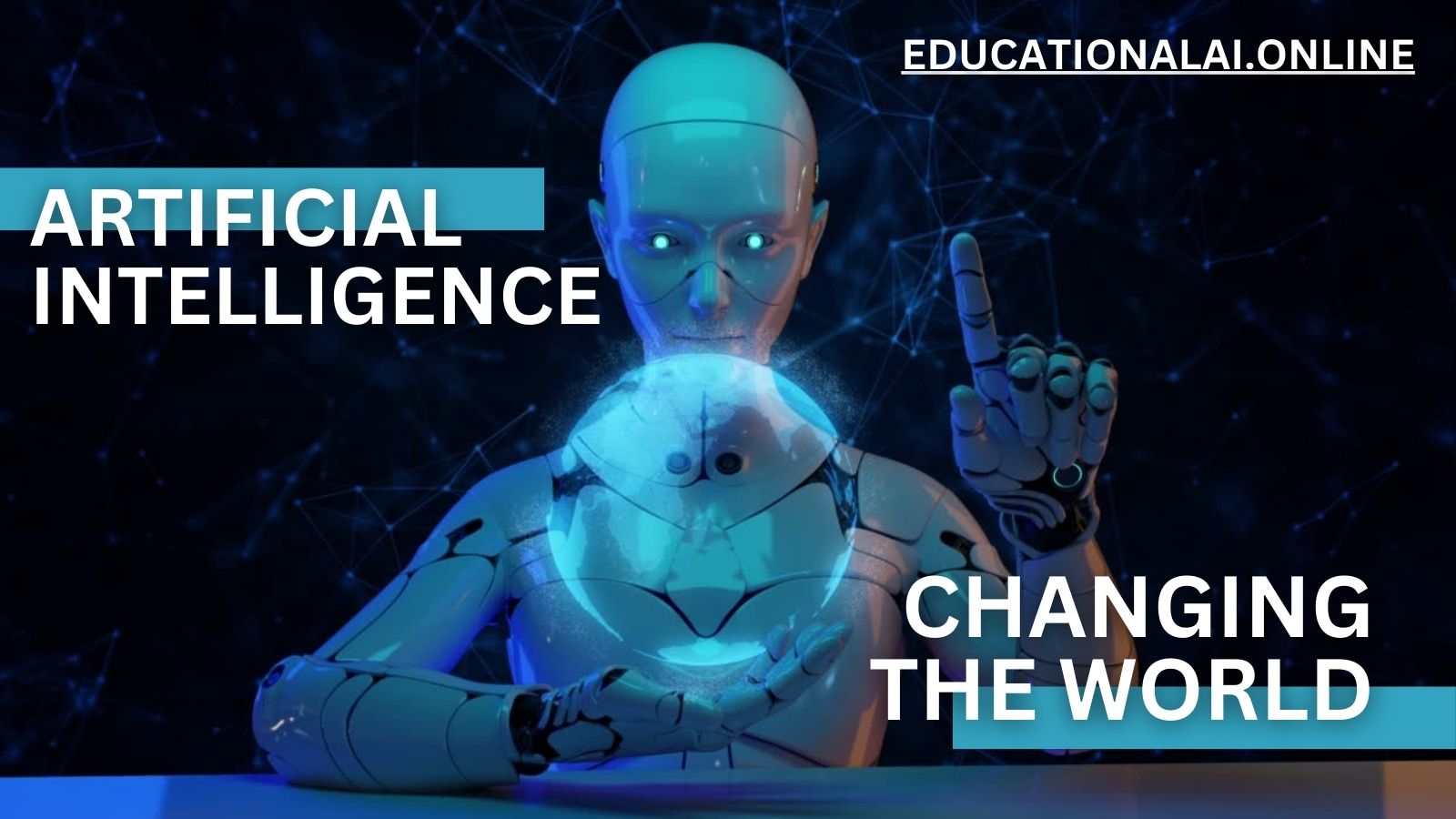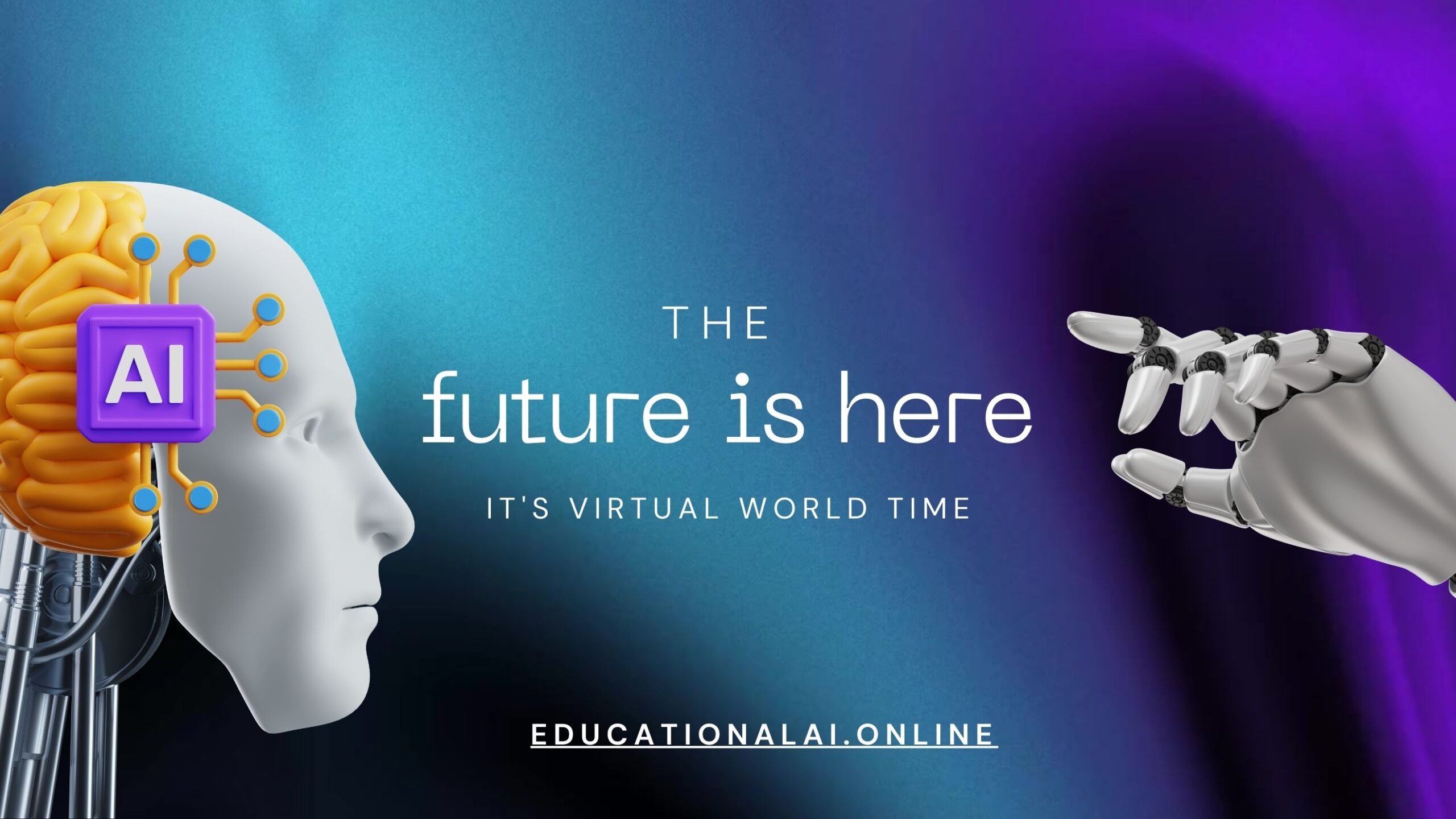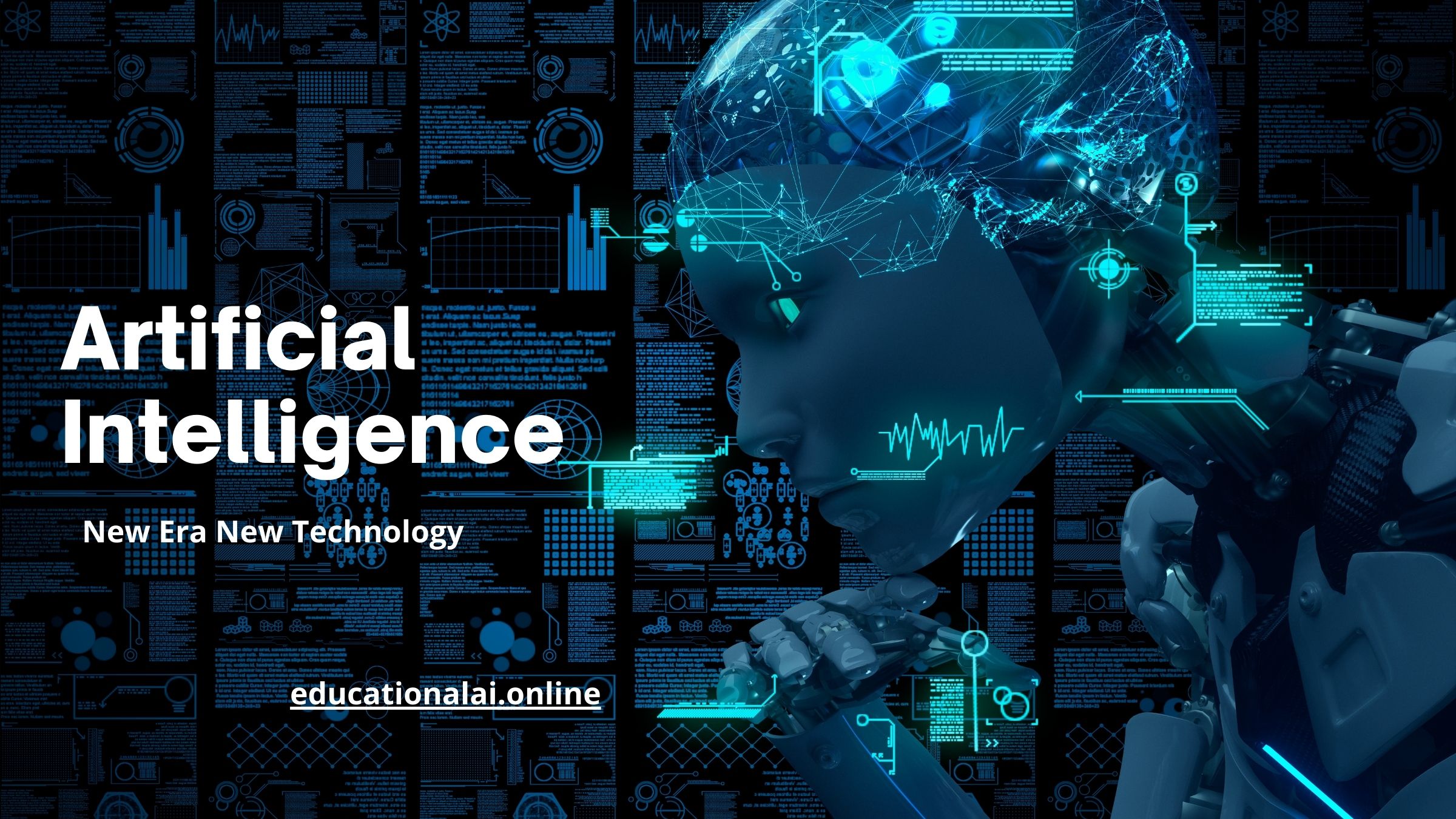Google AI: Artificial Intelligence changing the face of Technology
Google AI , Artificial Intelligence (AI) has emerged as one of the central technologies with lots of applications in the 21st century. Google as is known is among the leaders in development and research of the application of AI in almost all industries. Moving further with this series of the article, the author focuses on Google AI and its recent advancements, uses and prospects of AI. We will also present and answer to the most common questions to give the reader a more broad picture of this Google AI and its possibilities.

Introduction to Google AI:
Google AI is a concept that belongs to the rather vast Google family, but it focuses more on the use of artificial intelligence in various aspects of life. From enhancing the capabilities of search engine to inventing new solutions in life sciences, Google AI is one of the most innovative teams. The company has been dedicated to the use of artificial intelligence and machine learning and other related advanced methodology for more than 10 years now.
Google AI – Emergence:
This paper explores Google’s history with artificial intelligence starting with key research and its advancement over time. First of all, attention was paid to an increase in the relevance of the search results. As the technology evolved Google started integrating the AI in many fields such as speech and text recognition, image recognition and even robotics.
1.Early Beginnings: The first innovations of AI in Google were more inclined towards the improvement of the SERP and utilizing AI in automated tasks. PageRank in 1996 was a milestone because it introduced algorithms to properly rank web pages according to their relevance.
2.Acquisitions and Expansion: Later in the year 2014, Google invested in DeepMind Technologies which helped it enhance itsAI operations. AI progress has been made mainly in the Deep Learning and Reinforcement Learning areas with key contributions to Google from DeepMind.
3.Current Innovations: Today, Google AI has grown to include various things such as; TensorFlow that is an open-sourced machine learning framework, BERT that stands for Bidirectional Encoder Representations from Transformers, and AlphaFold that is a system that can predict the structures of proteins with incredible precision.
New Release in Google Artificial Intelligence
Google AI is always in the process of development or improvement with new updates and uses being developed frequently. Here are some of the most recent developments. Here are some of the most recent developments:
1. Google Bard: Conversational AI – A Leap
Google Bard is a natural-language processing based AI chatbot aimed at enhanced flow of conversation. For this reason, it is built to mimic human thinking comprehensively and can be used to answer customers’ questions, develop content and much more. Bard is one of Google’s continuous attempts at enhancing the capability of AI in better user interaction.
2. Gemini: Every observer of this future generation of language models will be able to predict the ultimate goal of this whole process.
BERT is Google’s second generation language model while GPT-3 is the third language model from Google, with the latest one called Gemini. Gemini uses the best practice approaches for natural language assessment and interface creation. Its purpose is to help create better and more context-oriented methods that could improve translation, abstracting, and question-answering applications.
3. AI-Powered Healthcare Innovations
Google AI has advanced in the healthcare sector with various new inventions of tools and applications meant to enhance the diagnosis of health conditions and the overall care of patients. For instance, at Google Health, AI models are employed in analysing Medic images with a lot of accuracy to help detect diseases that include diabetic retinopathy and breast cancer among others.
4. Advances in Computer Vision
Google AI stays on the cutting edge of computer vision since new developments in recognizing images and analysing them takes place. New approaches and methods boost the techniques in object detection, facial recognition and understanding of a scene. Such advancements are used in fields such as security systems, self-driving cars, and Augmented Reality.
5. AI and free and fair practices
However, with an increase in the development of AI a number of issues of Ethical nature have come to light, to which Google is also paying attention to include issues to do with fairness in AI systems. The company has formed research groups, as well as projects that are geared towards the elimination of bias in AI and enhancement of the displays of accountability in artificial intelligence solutions. Such initiatives are important for trust and human- AI interactions, to ensure that every user gets the appropriate results of AI.
Applications of Google AI
In a similar fashion to what was said before, Google AI influences multiple spheres of the society changing industries and improving daily lives. Here are some key applications:Here are some key applications:
1. Search and Information Retrieval
Organizations such as Google have incorporated the AI technology to its search engine as one of the most popular uses. Algorithm of the company also constantly enhances relevance and sufficiency of results of the search processes. I still remember such innovations as RankBrain and BERT that raised the programs’ ability to evaluate user intent and context and share relevant and valuable results.
2. Smart Assistants
Google Assistant which serves as an intelligent assistant applies AI to offer help to users. Some of the examples of its capabilities could be given as setting of reminders or answering questions, as well as operating smart home gadgets. Google Assistant can process natural language, given that it is trained to handle several requests based on individuals’ voice.
3. Cloud AI Services
Google Cloud AI solutions, specifically, is a range of AI and machine learning operations that can be used to design applications by developers and businesses. These services are as follows image and speech recognition models, natural language processing, and custom machine learning. Google Cloud AI enables clients to deploy profound AI advancements for their organizations without having inside and out information about it.
4. Autonomous Vehicles
Google’s Waymo, a conducting affiliate practicing on the development of self-driving cars, also implements AI. Waymo’s AI consists of various elements tailored to identifying challenges in the route, detecting the obstacles, and decision-making. The end product is intended to be improved modes of transportation with reduced risks involved.
5. Content Creation and Recommendations
Other platforms such as Google Photos and YouTube also integrate A. I. through machine learning techniques. Some of the functions on Google Photos that employ AI include; feature naming, image optimization, and categorization of albums. YouTube uses recommender systems to recommend videos for users depending on their interests and history of the videos that they watch.
Future of Google AI
Google AI is not only going to open new vistas in the present but the future developments are going to much more revolutionary. Here are some areas to watch:Here are some areas to watch:

1. Enhanced Personalization
Future enhancements in Google AI will be on the personalization features within the several applications. Better understanding of natural language processing and user modeling will have more possibilities of much more specific approach in such areas as search engine customized results and content recommendations.
2. AI in Healthcare
It is believed that the future of AI in healthcare will be applied more profoundly based on innovations of diagnostics, treatment, and patient care. To an extent, the AI of Google is still in the development process, with research and partnership in medical facilities contributing to improvements in precision medicines and disease prevention.
3. Ethical AI Development
In future as AI technology is expected to be integrated at almost all places, it would be important to deal with the ethical concern. However, it is quite probable that Google will persist on its endeavor of making its AI systems to be as fair, transparent, and responsible as possible. It also includes working on how exactly ethics of artificial intelligence will be applied and the issues of privacy and bias that come with it.
4. Quantum Computing and AI
Current advances in the field of quantum computing are expected to have a major impact on redefining AI by policy diversity. Altogether, Google’s quantum computing combined with artificial intelligence can make possible to achieve optimal solutions in different fields, to solve cryptography’s problems and to provide new possibilities of data analysis.
5. AI for Climate Change
AI has the capacity to greatly contribute to the resolution of the climate change issue. The field of study being explored by Google AI also entails creating models of the climate, efficient use of electricity, and environmental protection.
Frequently Asked Questions (FAQs) about Google AI
1. What is Google AI?
Google AI can be defined as the set of technologies and research in artificial intelligence area carried out by Google. This includes search, voice assistants, image recognition, and machine learning libraries among others.
2. In what ways does Google AI affect search engines?
Google AI strengthens search engines as it makes them more effective in producing better and more precise search outcomes. Externalities include using AI algorithms such as RankBrain and BERT to filter out better information that is more relavant and apt in capturing users’ intent, context and language subtleties.
3. Google Bard and Gemini; But what are they?
Google Bard is a conversational AI which is created in a way that it mimic a normal conversation. Gemini is a new language model developed by Google to succeed BERT And GPT-3 models, which is improved in NLG or NLU.
4. Moreover, in what ways does Google AI help in healthcare?
Google AI has an impact on health care in diagnosis and treating patients through inventions. For instance, Google Health incorporates deep learning algorithms to supplement the identification of medical imagery like diabetic retinopathy and breast cancer scans.
5. Explaining what Waymo is, and how this company applies artificial intelligence?
Waymo is an organization in the Google wing specializes in building self-driving cars. They also use artificial intelligence in designing self-driving, which enables the car to drive itself and make decision on issues to do with driving, with a view of increasing on road safety and transport efficiency.
6. What features Google Cloud has available to help in the development of AI?
Google Cloud implements the full-service capabilities of AI and machine learning service, both basics and customized. It enables businesses and developers to create smart applications that are based on the sophisticated AI solutions.
7. What risks and concerns were identified as an ethical issue to Google’s AI?
Concerning the ethical issues in Google AI, there is the issue of handling bias, the transparency issue, and the fairness issue. Google has not been idle concerning these issues but has been hectic in developing solutions to eliminate biases in the AI algorithms, enhance accountability to show people how artificial intelligence works and engage in the development of methods and frameworks to promote the moral use of artificial intelligence.
8. Specifically, the place of AI in content creation can be described as follows:
AI is also valuable in content generation since it does; tasks like image optimization, video suggestions, and text writing. Software such as Google Photos and YouTube are AI tools that help enhance the customers’ experience and offer content based on the customer.
9. In what ways is Google AI related to climate change?
Google AI contributes to climate change through research involving the creation of applications that help in climate prediction, energy efficient planning, and preservation of the environment. Climate change is emerging as one of the most significant concerns in today’s world and models of AI are being created to solve and reduce the effects of climate change.
10. What is the future in Google use of AI?
The future concepts of Google include increased personalization, applications in healthcare, better regulation of ethical AI, quantum computing, and environment protection. As indicated, future research and innovations to the studies will keep on enhancing their impact in multiple disciplines.
